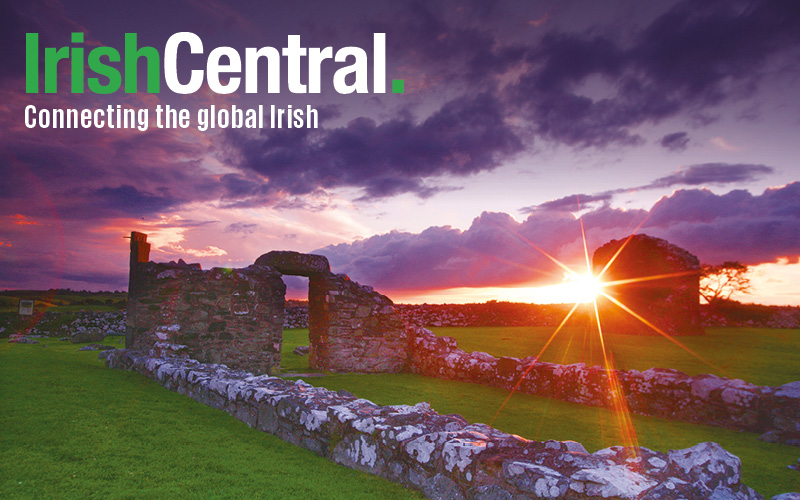Research by Irish filmmaker and journalist Sinead O’Shea revealed this week in The Guardian that an unknown number of pregnant immigrant children in Ireland in the last decade in care homes were shipped to Britian for abortions.
O’Shea’s research revealed that some of the “separated children” - the term used to describe immigrant children who come to Ireland without parents - were housed in mixed hostels in Ireland and were left unsupervised after 5 PM on weekdays and all weekend. Over 500 children went missing during this period, O'Shea revealed.
An unconfirmed number of pregnancies occurred at these hostels which led to young girls being taken abroad for abortions by Irish authorities, O'Shea discovered.
“The fact that these children were housed in these mixed hostels with no supervision after five or at the weekends, that’s not news,” O’Shea tells IrishCentral. “What was new in the investigation I did was the result of a comment from a social worker that I interviewed. She told me they were getting a thousand of these children a year at some points and they were so under pressure they couldn’t cope.
“Every day they would talk about going on strike. They had to evaluate children quickly, and the ones they decided were strongest psychologically were sent to these frequently unsupervised hostels. This was just ten years ago.”
At the hostels some girls became pregnant, and when they did they were given the option to travel abroad for terminations.
“The fact that the Health Service Executive (HSE) didn’t keep track of the numbers becoming pregnant is mind blowing. Children is the technical term but we’re talking about 15, 16 and 17 year olds. They were really on their own. Irish children in care often have a really rough time but these hostels were one level below that.”
The apparent lack of Irish public interest in their plight in some ways mirrors the indifference Ireland once showed the “inmates” of our increasingly notorious mother and baby homes O’Shea believes.
“I think the Irish are very preoccupied with status and so those kinds of people would represent a lesser order to many of us,” O’Shea explains. “I don’t think Irish people have enough self possession or self belief to think they won’t in some way be tainted by association with them.”
Being socially undesirable, others feared a kind of contamination by proxy and looked away. But not everyone was entirely indifferent to their fates.
“I had learned there were pregnancies and that some had been taken abroad for abortions. That information had just been volunteered to me. I could not believe it. My sources told me I would have to go and find out more about it myself.”
What O’Shea found was that was that a psychologist had “passed” more than four girls in two years for terminations. That suggested the official number of six procedures was too low. She also found that a lot of people who were very well intentioned had kept this story quiet for a long time.
“They have been concerned for the sake of the girls. The HSE has not done anything wrong or illegal - and neither has the government - it is permissible to do that. But I suppose there’s a hypocrisy there.”
The immigrant girls from the hostels were cloaked in a similar kind of silence to the one that fell over previous generations of unwed Irish women.
Breaking that silence it appears is as unwelcome now as it was then. It’s still news.




Comments